Oscar Wilde Reaches Across Time

After recently posting on gay hero Quentin Crisp, there seemed a kind of follow on logic for one on Oscar Wild as recently I came across the only recording of the poet and playwright's voice. In which he recites nearly two verses from the fourth canto of 'The Ballad of Reading Gaol' ...
In Reading Gaol by Reading Town
There is a pit of shame,
And in it lies a wretched man
Eaten by teeth of flame,
In burning winding-sheet he lies,
And his grave has got no name.
There is a pit of shame,
And in it lies a wretched man
Eaten by teeth of flame,
In burning winding-sheet he lies,
And his grave has got no name.
[And there, till Christ call forth the dead,
In silence let him lie:]
In silence let him lie:]
No need to waste the foolish tear,
Or heave the windy sigh:
The man had killed the thing he loved,
And so he had to die.
Or heave the windy sigh:
The man had killed the thing he loved,
And so he had to die.


As we all know, Wilde was imprisoned in 1895 for two years with hard labour after the follow-up trials to his failed attempt to sue the Marquess of Queensbury for the calling card libel of 'For Oscar Wilde, posing sodomite'.

'The Ballad of Reading Gaol' was written in France in Berneval or Dieppe on or about 19 May 1897 and was initially published under the the name 'C.3.3' - for cell block C, landing 3, cell 3 of Wilde's incarceration.
The poem was inspired partly by the hanging in 1896 of a fellow prisoner, Charles Thomas Wooldridge, for the throat-cutting murder of his wife - 'The man had killed the thing he loved, And so he had to die.'
I am fascinated to know the particular character of the poet and playwright's voice, as it must give a clue to the delivery of those deliciously paradoxical aphorisms we love to find occasion to remember and perhaps quote ...
We are all in the gutter, but some of us are looking at the stars.
A man's face is his autobiography. A woman's face is her work of fiction.
A dreamer is one who can only find his way by moonlight, and his punishment is that he sees the dawn before the rest of the world.
A little sincerity is a dangerous thing, and a great deal of it is absolutely fatal.
Ambition is the last refuge of the failure.
A man can't be too careful in the choice of his enemies.
Alas, I am dying beyond my means.
All women become like their mothers. That is their tragedy. No man does. That's his.
All bad poetry springs from genuine feeling.
A man's face is his autobiography. A woman's face is her work of fiction.
A dreamer is one who can only find his way by moonlight, and his punishment is that he sees the dawn before the rest of the world.
A little sincerity is a dangerous thing, and a great deal of it is absolutely fatal.
Ambition is the last refuge of the failure.
A man can't be too careful in the choice of his enemies.
Alas, I am dying beyond my means.
All women become like their mothers. That is their tragedy. No man does. That's his.
All bad poetry springs from genuine feeling.
Wilde seems much more theatrical and arch than I would have imagined, even taking into account the performance tradition of the time. In this context and in retrospect, Lord Olivier used to make fun of this earlier style of delivery, likening it to singing arias in opera.
Curiously and incidentally, Wilde's voice reminds me more than a little of the vocal manner of a particular group of older queans I knew as a kid in London and so has a further resonance for me.
VID
This audio recording, imaginatively at least, lets me know this great writer just a tiny bit better. There is something of the quality of the living breathing human voice that reaches across time and emotionally connects up.


![C18 Bronze Buddha [Southern China]](https://blogger.googleusercontent.com/img/b/R29vZ2xl/AVvXsEioLkgVKuhDoIHQgM1X6Oe2hGn75yqaj4OJXPmNpumXmQPKxB22S57YS5DVrl1P7zl7BS6EFpAtaNZPze7gzVCRiQI54bwdHhVa4fGr7NOChZwTZoo92gUen6tC5U8gWIy_pv92U0FB38M/s1600/Buddha+%255BBronze%252C+C18%252C+China%255D+1.jpg)




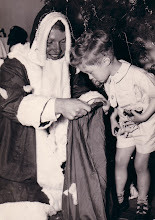








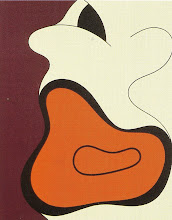+1998+Cropped.jpg)

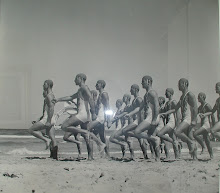
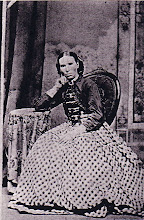



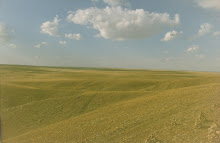



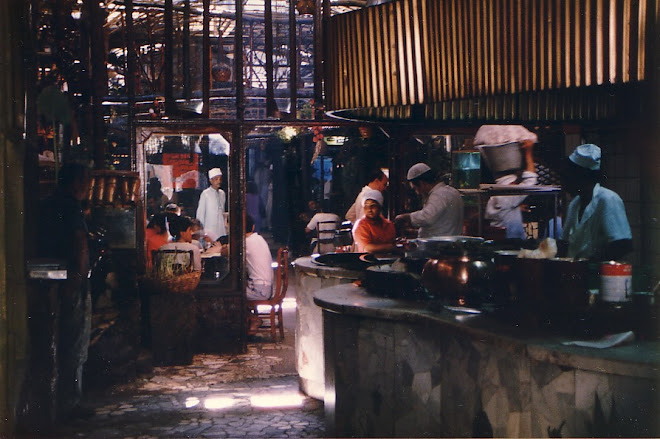

No comments:
Post a Comment